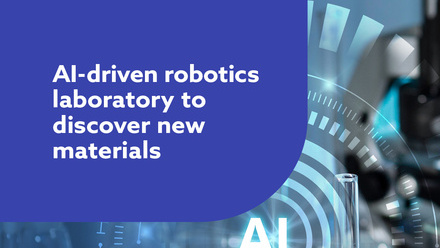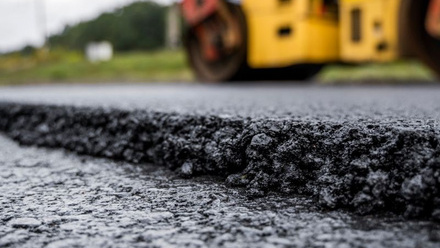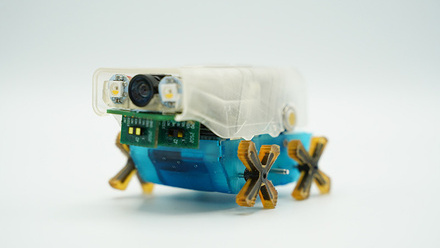AI detects sewer blockages
A cloud-based system that detects sewer blockages to reduce river pollution was reportedly 90% accurate during a recent trial.

The artificial intelligence (AI) has been developed by University of Sheffield engineers, alongside Yorkshire Water and Siemens.
It is being used as part of a Pollution Incident Reduction Plan that focuses on early intervention to reduce incidents by 50% by 2025.
Sensors monitor water depth in combined sewer overflows (CSO) and other parts of the sewer network to understand real-time performance. As there is a large amount of data, manual analysis is said to be unfeasible.
The AI predicts water depths using rainfall data and compares these to a measured depth using a Fuzzy Logic (FL) algorithm. The FL then alerts the water utility company to any unexpectedly high depths, which can lead to pollution. The aim is to anticipate blockages so they can be dealt with in advance.
The SIWA Blockage Predictor was reviewed for 50 sites over an historical two-year period and a six-month current period. The team finds that, across all the datapoints, their system correctly identifies 88.4% of confirmed issues compared to 26.6% for the previous solution, around a 61% increase.







